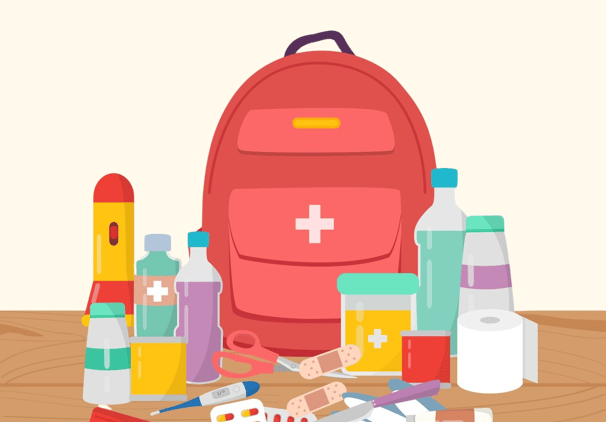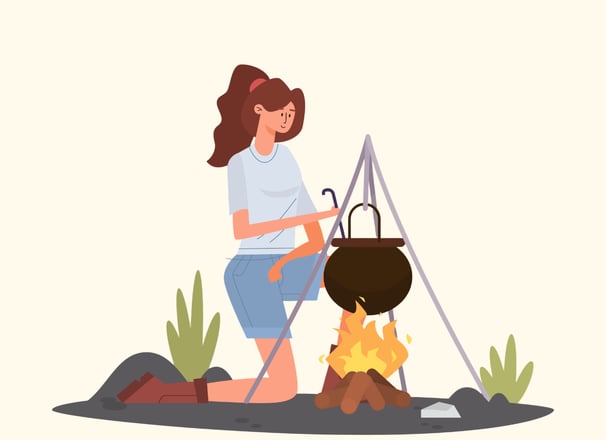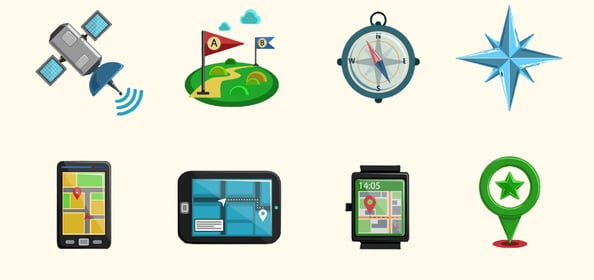Know Basic Survival Skills
Learning essential survival skills is invaluable. In a crisis or emergency situation, knowing basic survival skills can mean the difference between safety and disaster. These skills empower you to handle unexpected challenges, find resources, and stay alive in challenging conditions. Here are key survival skills to master:
SURVIVAL GUIDE
11/18/20242 min read
Know Basic Survival Skills
Learning essential survival skills is invaluable. In a crisis or emergency situation, knowing basic survival skills can mean the difference between safety and disaster. These skills empower you to handle unexpected challenges, find resources, and stay alive in challenging conditions. Here are key survival skills to master:


Water Purification
Boil water, use purification tablets, or create DIY filters using sand, gravel, and charcoal. In survival situations, having access to clean drinking water is critical for staying healthy and hydrated.
Contaminated water can lead to illnesses caused by bacteria, viruses, and parasites. Here’s a detailed explanation of three effective methods for purifying water: boiling, using purification tablets, and DIY filtration with natural materials.
Fire Starting
Learn how to start fires with minimal resources for warmth and cooking. In survival situations, being able to start a fire is essential. Fire provides warmth, light, and the ability to cook food, and can also be used for signalling or purifying water.
However, starting a fire when resources are limited can be challenging. Here’s an explanation of how to start fires with minimal resources using different methods.
First Aid
Learn how to treat wounds, perform CPR, and handle fractures. In survival situations, having basic first aid knowledge can save lives.
Understanding how to treat injuries like wounds, fractures, or cardiac emergencies ensures that you can provide immediate care before professional help is available. Here’s a detailed explanation of each skill and how to perform them effectively.
Navigation
Familiarize yourself with local maps and landmarks in case electronic navigation fails. In a crisis or survival situation, relying solely on GPS devices or smartphone navigation can be risky. Power outages, device failure, or a lack of internet connectivity can render electronic navigation useless.
Therefore, understanding how to navigate using physical maps and recognizing local landmarks is essential for staying oriented and finding safe routes.






